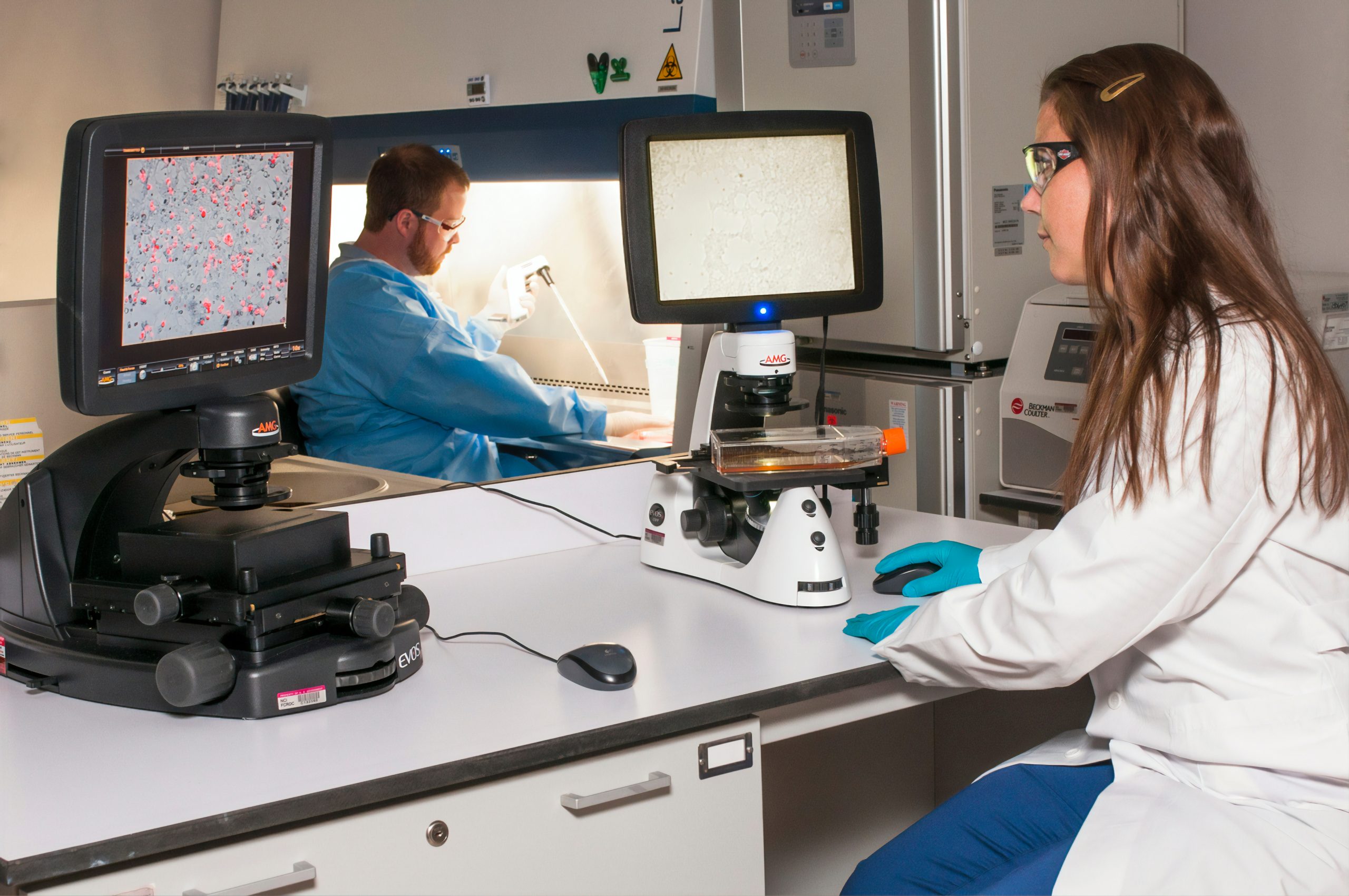Unlike the COVID19 PCR swab, the antibody test shows whether you have had a Covid-19 infection – even one with no symptoms – in the past. It detects IgG antibodies to Covid-19. If positive, it indicates that you have been infected by Covid-19 and produced a measurable immune response.
Dr Mark Ali MBBS BSc FRCS CTh, Medical Director, The Private Harley Street Clinic, says; “As part of your return to work strategy antibody tests can be helpful, but businesses should be aware of their limitations, and not jump to any conclusions. For businesses that may find it helpful to map who may have had the virus already within the organisation then the antibody test is a fast and efficient way of doing so, even if those individuals have had no symptoms at all.”
It is too early to scientifically evidence the longevity and potential immunity attached to the presence of antibodies. The 10 most important things that businesses should know about antibody testing are;
- Only test 14 days after symptoms
The test is most accurate from 14 days after the first day of symptoms(to ensure enough time has passed to produce the antibodies in measurable levels). It is possible to have antibodies present and a positive PCR test (i.e. to have developed an immune response but still have detectable virus) - A small number of people will have had Covid-19 but have no detectable antibodies
Some small studies have reported that some people have had Covid-19 but do not have a detectable antibody response. It is becoming more recognised as cases mount. In this case it may be that a different part of the immune system has cleared the virus. These are small studies and we, as scientists, need to know more. - You could still literally ‘carry’ the virus on phones, bags and clothing
Even if you’ve tested positive for antibodies you should still adhere to social distancing rules. In order to protect our loved ones, and work colleagues, it is vital that we continue to follow government advice. We do not know for certain if antibodies protect against infection and how long this protection lasts. Furthermore, you could still carry the virus on clothing, packaging etc. It is a heavily researched area and we eagerly await further updated guidance as the evidence accumulates. - You can still test if you’ve had no symptoms at all
If you have been around people with coronavirus but have had no symptoms yourself then you can still have an antibody test. If you have had significant contact with symptomatic people recently, please ensure that you follow government guidelines to self-isolate. We recommend waiting a month to take an antibody test from the significant contact and to follow stay at home advice as above. - Home testing only by a medical professional
We do recognise the convenience of a home testing. This is why we offer both at home (or office) and in-clinic testing by a medical professional (i.e. a nurse to your home or office). However, manufacturers validate their accuracy levels on blood samples taken from the vein. Wanting to assure the accuracy of the test, we only offer testing from the vein (until such time as validation studies show that the results are equitable to those obtained from a fingerprick test). - Accuracy
Antibody tests are very accurate if taken at least 14 days following the onset of symptoms. The Abbott antibody test has been approved by Public Health England. It has a sensitivity of 100% and a specificity of 99.63%. - What is Sensitivity? And Specificity?
Sensitivity concerns the false negative rate and is expressed as a percentage. For instance, the Abbott antibody test has a sensitivity of 100% when tested at least 14 days after your first symptoms. Put another way, 14 days after symptom onset, every person infected by Covid-19 and developed antibodies is identified as positive by this test (there are no false negatives).Specificity concerns the false positive rate and is expressed as a percentage. The Abbott antibody test has a 99.63% specificity. This means that out of every 10,000 people tested, 37 (0.37%) will be incorrectly identified as having antibodies to covid-19 when they do not (false positive). This is Abbott’s data but there is now overwhelming evidence that this is not the case! - What do POSITIVE and NEGATIVE actually mean?
If you have a POSITIVE antibody test then the blood sample you have given shows that you have IgG antibodies to SARS-CoV-2 (the covid-19 virus). This means that you can be highly confident that you have been infected by covid-19 and developed antibodies to it. A NEGATIVE antibody test shows that the blood sample you have given shows that you have no detectable IgG antibodies to SARS-CoV-2 (the covid-19 virus). This means that it is unlikely that you have been infected by covid-19 and produced antibodies.
- Do antibodies make you immune?
Scientists do not know yet. In general, IgG antibodies to a particular virus usually confer some immunity and protection from reinfection. However, we do not know if this is the case for covid-19. Previous studies on related coronaviruses show that IgG antibodies to these viruses give some form of immunity, at least in the short term. For covid-19, if these antibodies are protective, we do not know how long this immunity will last. - What next?
Scientists are conducting a vast amount of research into ascertaining the duration and degree of immunity that antibodies provide. There is no doubt that this test will play a crucial part in mapping the virus going forward and the world awaits the next developments. There is mounting interest in studying cell-mediated responses (responses from a different part of the immune system from antibodies) as there is a growing consensus that many-particularly those with no/mild symptoms- fight covid-19 using these mechanisms.







